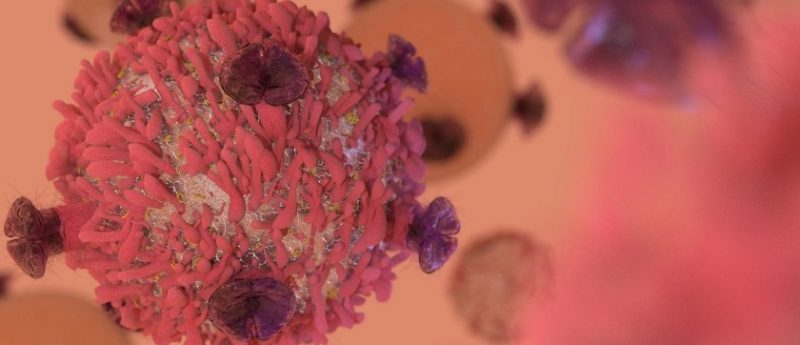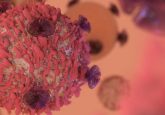Can radiotherapy potentiate the effectiveness of immune checkpoint inhibitors in lung cancer?

Systemic therapy including platinum-based chemotherapy and targeted therapy has been a mainstay of treatment for the majority of patients with metastatic non-small-cell lung cancer (NSCLC). Recent breakthroughs in immune checkpoint blockade, along with a deeper understanding of tumor immune biology, have led to a paradigm shift in the standard of care for cancer treatment. By activating the immune system to recognize and eliminate cancer, immune checkpoint blockade has the potential to elicit durable responses and augment survival outcomes for a subset of patients [1,2]. In addition, the ability of radiotherapy to induce an immunogenic response and neutralize the immune-suppressive effects of the tumor microenvironment, uniquely positions it as a synergistic tool at the center of emerging multimodal therapies utilizing immune checkpoint blockade [3–7].
Immune checkpoint inhibitors of the PD-1/PD-L1 pathway have emerged as a promising new therapeutic strategy [8–11]. These agents have produced durable clinical responses and antitumor activity in Phase I trials, leading to subsequent randomized Phase II and III trials that demonstrated significant improvements in overall survival when compared with cytotoxic chemotherapy alone [12–16]. These studies have established PD-1/PD-L1 pathway blockade as a powerful new line of therapy for patients with advanced NSCLC following progression after platinum-based therapy [9,11]. Despite unprecedented improvements in clinical outcomes, less than 20% of patients respond to anti-PD-1/PD-L1 agents, necessitating strategies that explore combined treatment modalities in order to extend the benefits of immune checkpoint blockade to a broader patient population.
Click here to read the full article in Future Oncology.




